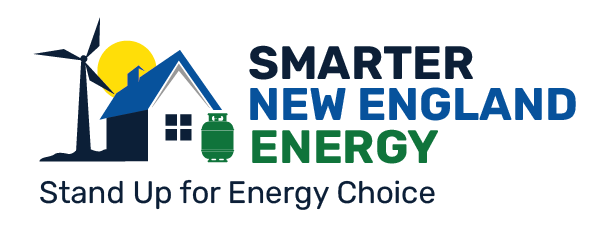The Clean Heat Standard is a climate policy from the Massachusetts Department of Environmental Protection (MassDEP) to meet the emissions limit for residential, commercial, and industrial heating, and which seeks to financially penalize the use of propane.
It’s not a bill; you didn’t vote on it, and it didn’t go through the legislative process. Most of all, it happened behind closed doors. As the policy aims to encourage widespread electrification, it will have unintended consequences for Massachusetts families that rely on propane—their choice of how to heat their homes will be taken away, they will grapple with high energy bills they can’t afford, and they’ll struggle with the high cost of replacing heating equipment to meet new energy requirements.
DO SOMETHING ABOUT ITPropane, a Clean Energy Alternative
Resilient
Easy to transport and store, propane is a reliable energy source even in remote or disaster-affected areas.
Secure
Domestic production promotes energy independence and reduces fluctuations and the reliance on foreign energy.
Versatile
One of the most adaptable forms of energy available, it is used for heating, cooking, and powering various appliances.
Equitable
Accessible, affordable, and eco-friendly, propane promotes greater equity across different regions and communities.
A Better Path with Propane

Using various environmentally friendly energy sources is the most effective strategy to lower emissions and improve environmental standards. Propane fuel is perfect for working alongside renewable energy options while providing reliability that both homeowners and commercial businesses can count on. Propane puts us on a positive path toward a low-carbon future because it’s chemically cleaner than other fuels and cost-effective.
Take action now by letting your local state officials know you want the Clean Heat Standard to include propane. Make sure your voice is heard about why you should keep your energy choice.
